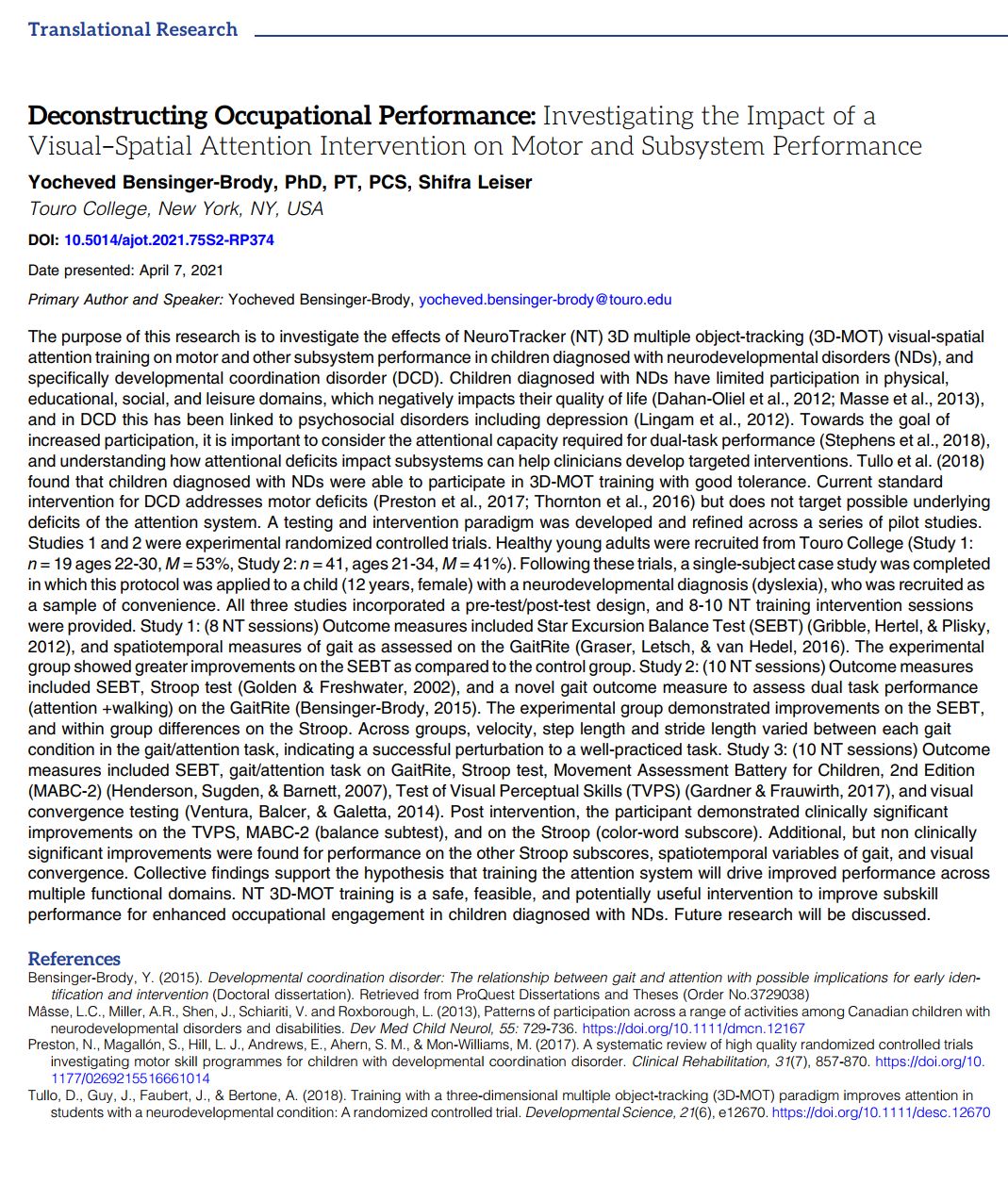Welcome to the Research and Strategy Services at in today's fast-paced.


The path through education can be a long and challenging one. Some students shine while others struggle. But what makes the difference between an A star student and a college drop out?
Whether its children just entering high school, or students graduating college, there are a range of psychological characteristics that make great learners. The first step to nurturing these, is to be aware of them. So here we’ll take a look at 8 key traits that contribute to student excellence.
Successful students understand that their teachers and instructors are facilitators of their own learning journey. The classroom is just one part of knowledge discovery, and learning is not simply about listening. It involves processing, internalizing, and understanding knowledge at different levels.
Independent learners take seeds of knowledge, and grow them in ways that become personally meaningful. This leads to unique and long lasting understandings that are the prerequisites of genius.
Education is fueled by an inherent curiosity to know, and an urge to question. Neuroscience shows that being puzzled as to why something is the way it is, primes it’s absorption into long term memory.
Students with a desire to ponder and discuss what they are taught after leaving the classroom, are those who assimilate learning long term.
Expectation of success breeds motivation. Whether it’s facing an exam, a daunting study project, or contemplating graduation prospects, having a positive attitude empowers students with the will to succeed, day after day.
Aiming high may seem risky, but actually the psychology of meeting expectations nurtures self-belief, yet the flipside provokes self-examination to do better.
Part motivation, persistence is a hard-work ethic that allows learners to perform well term after term. It goes hand-in-hand with consistency, where having routines makes completing homework and assignments seem like an automatic task.
The antidote to procrastination, persistence comes with an internally imposed approach to educational self-development. In the long run it makes the journey of learning an efficient one.
Being a closeted book worm doesn’t actually make for great student development. Students with a passion to expand their learning also need to take on challenges that teach them about themselves.
Extracurricular roles and recreational activities which involve social interactions, teamwork, leadership, and acquisition of new skills, bring novelty and challenges. This not only fosters confidence and self-esteem, but keeps the brain in an optimal learning state.
A typical student experiences close to two decades of education in order to graduate college. Whether a personal event or an academic woe, from time to time, there will always be things which try to take the wind out of a student’s sails.
The resilience pick things up and move on can make the difference between a student’s progress being derailed, and them coming out of it a stronger person.
We live in a digital and connected world. Not only do computers provide access to vast and immediate sources of knowledge, proficient use of them develops skills that increasingly matter in academia and careers after graduation.
There is also the fast growing world of online learning. At any age, students have the opportunity to expand their academic horizons and acquire qualifications from universities like Oxford, MIT and Harvard.
Students all need mental focus to learn. Becoming lifelong learners is an imperative for the 21st century. The challenge is that information loads are increasing exponentially, consuming more and more attention. Since 2000 it has been reported that the average attention span of a student has dropped from 12 seconds, down to 8 seconds in 2013, and by some estimates may drop to 2 seconds.
Students who actively train their selective attention and sustained attention gain an educational performance advantage, which will become ever more critical as we move further into the 21st century.
These 8 traits have one thing in common – personal development. When we think about educational success we often think first of schools and colleges. However, it could be more useful to consider what actually makes great students, just like the way we think about what makes great athletes.
If you’d like to read about the latest approaches to student development, check out this blog,
How Can we Enhance Learning Outcomes?








Welcome to the Research and Strategy Services at in today's fast-paced.

Learn how NeuroTracker supports attention, learning readiness, and everyday functioning for people with ADHD.

Discover practical ways to help your child stay organized, motivated, and successful in school.

Learn why balancing screen time and study time isn’t about perfection—it’s about progress.
.png)